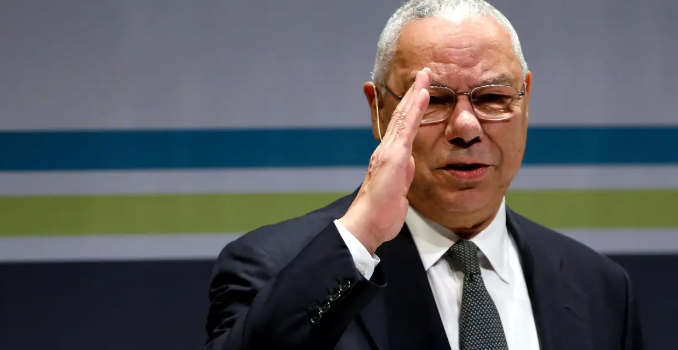
Revisiting the Decisions That Shaped the 2003 Conflict
Colin Powell, celebrated for his rise from humble beginnings to prominent positions like U.S. Secretary of State and Chairman of the Joint Chiefs of Staff, remains a figure of historical contention due to his pivotal role in the Iraq War. His February 2003 address to the United Nations, asserting Iraq’s possession of biological weapons and nuclear ambitions, significantly bolstered support for the invasion. However, the intelligence behind these claims proved false, casting a shadow on his legacy.
Critics argue Powell’s actions were influenced by pressure from Vice President Dick Cheney and neoconservative policymakers. His presentation, despite internal vetting that dismissed numerous questionable claims, included elements shaped by relentless political manoeuvring. These fabrications, like the discredited Niger uranium documents, fuelled a war that destabilised the Middle East and caused widespread loss of life.
As a revered figure, Powell’s public support lent unparalleled credibility to the war narrative, though his subsequent regret over the incident has done little to mitigate its impact. This chapter in Powell’s life highlights the tension between personal integrity and the demands of political loyalty, sparking ongoing debate about the accountability of leaders in moments of national consequence.
Author’s Note: Craig Unger’s analysis emphasises the long-term repercussions of Powell’s decisions, urging a balanced perspective on his contributions and shortcomings.












